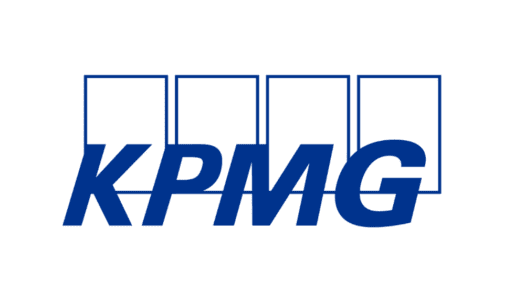TMF Group, a leading provider of administrative and professional services – together with Private Equity Wire – have launched TMF Group’s 2021 Global Private Debt Insight Report, a global survey on how private debt managers view opportunities across the Private Debt asset class.
The report focuses on private equity-like distressed M&A deals and shorter-term non-performing loans, through to senior loan origination, and captures insight from 75 managers from across the world.
Analysis reveals that for distressed debt M&A opportunities, the challenges of Covid-19 mean that private debt firms appear to be waiting for the dust to settle while assessing the true impact of the global pandemic. There is also a sense that deals will emerge over the next couple of years but will require managers to be laser-focused as they seek out the best investments.
Another important finding is that many feel the power of proprietary networks will be a key factor for investors as they assess distressed debt managers. Seven out of ten managers said they would be relying on proprietary networks as they take a bottom-up approach to source deals, with only three out of ten saying they would be relying on bank-led opportunities.
The importance of ESG
The study confirms that ESG is becoming a bigger focus among industry participants as they source and evaluate new opportunities. With ESG having gained more prominence in recent years, managers are spending more time evaluating relevant factors during the due diligence process. Despite this increased attention at the pre-investment stage, fewer than 25% of private debt investments are expected to be excluded for not meeting ESG criteria.
Other findings include:
• Two-thirds of managers view Tourism & Hospitality as representing the most attractive Covid-impacted sector for non-performing loans.
• SME loans are regarded as offering the best opportunities to acquire NPL portfolios over the next 12 months, although there is an acknowledged risk among some managers that this could become an overcrowded trade. More surprising is the fact that commercial real estate loans are not currently favoured, with only 12% of managers citing this category as their preferred focus.
On the negative side, one of the concerns for direct lending managers is that the sponsor-backed mid-market is becoming very crowded. This could push managers with strong proprietary networks and research capabilities to seek out more attractive opportunities to finance founder-owned and orphaned companies in the lower middle market.
Seamus Fox, Commercial Director, Funds Services, at TMF Group commented: “The surveys reveals that that there is broad optimism for the asset class over the next 12 months, both from a deal sourcing and a performance perspective. As the number of debt opportunities will continue to rise considerably in spite of – and in some ways because of the pandemic – larger sized deals might happen because of the expanded uses for the loans and continued business opportunities. In addition, both the significantly increased number of opportunities and the competition in the space require proprietary sources for determining not only the best returns, but also what is appropriate for the fund.”





